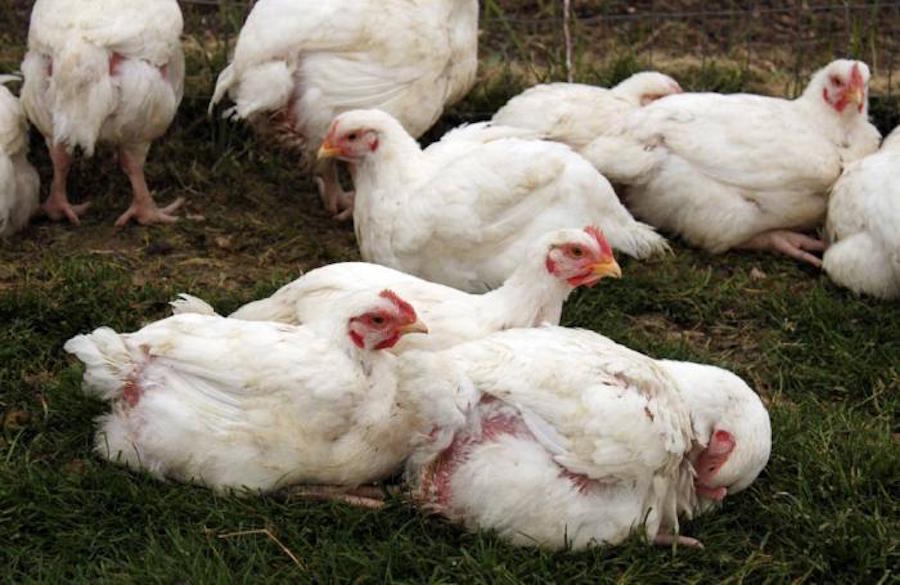Local poultry industry operators are being advised to improve their farm management practices in an effort to make their operations more efficient.
This was one of the key messages served up on Saturday to dozens of farmers attending an Optimum Poultry Performance seminar at the Lloyd Erskine Sandiford Centre.
During the event, which was hosted by Pinnacle Feeds Limited and the Barbados Agricultural Society (BAS), the industry operators were also cautioned against wholesale acceptance of standards from jurisdictions that experienced different weather conditions and other factors affecting poultry farming.
Poultry Nutritionist Dr Tanika O’Conner Dennie warned the poultry farmers that as they tried to “get to a better ideal”, they should tailor international standards to local conditions and requirements, even as she pointed to the New Zealand poultry industry as one of the benchmarks.
“We probably won’t reach the New Zealand level, but if we do everything right – control the things that we have influence over – then we will be good,” said Dennie.
“So, the breeder companies, I should caution you on one thing though … you should never use somebody else’s experience and just wholesale implement them here. It has to be specific to your situation,” she said.
She advised farmers to pay close attention to improving their management practices, while warning them to pay close attention to several other factors that can easily affect their poultry production including genetics, feed, water, environment and general health of the birds.
“So, there are some things that are unique to each of our environment that we need to make sure that we formulate to, but the potential is there and we want to try and get to the potential as much as possible,” she said, while making it clear that Barbados and other Caribbean countries would not be able to compete on price with markets that get heavy subsidies including the US, from which the region imports a lot of its poultry products.
The poultry nutritionist of over two decades also stressed the importance of collaboration between farmers and other poultry industry operators to make the industry more efficient.
Dennie, who is a consultant specialising in heat stress management, antibiotic free poultry formulation among other areas, advised the farmers that as they contend with an increase in temperature, they should increase the amount of water the birds are drinking.
“Insulate the water lines, paint the containers that are holding the water in white so it reflects more of the sun, put a covering over it and keep it in the shade,” she said.
She argued that with an increase of up to 40 per cent in the shipping costs of ingredients to the region, focusing on efficiency was a must “not only at the feed mill where you add ingredients to improve efficiency, but management on the farm”.
“All of us want to make money. At the end of the day you want to have generational wealth, you want to have a legacy and surpass the rest of the Caribbean to say ‘we have the best poultry industry and if you want to know how to grow chicken right you come to Barbados,” she said.
“The only way we can do that is if we have a spirit of collaboration, of frank discussion and sharing of information,” she said, adding that it was necessary to make adjustments along the way and interpret the data.
Chief Executive Officer of the BAS James Paul welcomed the seminar, noting that local poultry farmers have been having “quite a bit of problem” over the past several months relating to feed concerns, a lack of profitability and hot conditions.
Paul said he believed the educational session was a start in the process of “ensuring things are done differently in the industry”.
Notwithstanding the difficulties and the need for greater collaboration, Paul told journalists that he was satisfied that the poultry industry continued to perform “extremely well” when it came to production.
“For instance, in February of this year, we placed the highest number of birds in the industry than we placed for the past five years,” he said.
“The point is, though, we must also be able to say all of the partners in the industry are also doing well, not in the number of birds but financially, and that is where the problem is. Unless the industry is making money it does not create the incentive for investment that is required and it also does not invite the kind of expansion in the industry that we want to see. This particular seminar seeks to address that,” he said, adding that it will require a mindset shift among industry operators. (MM)




